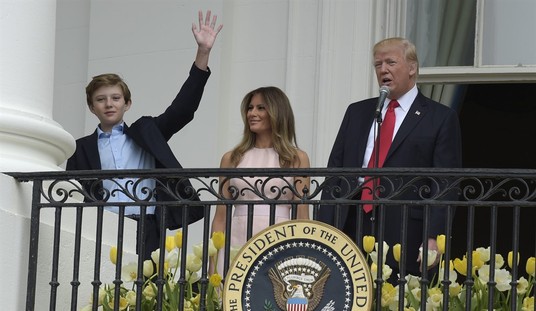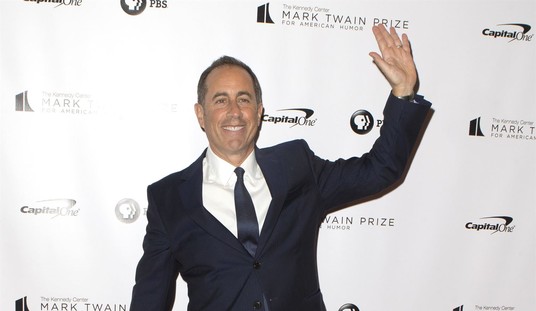Deputy Secretary of State Tony Blinken, who used to be President Obama’s deputy national security advisor, said the administration will not concede it got Yemen wrong.
“No. In fact, for a number of years Yemen was moving forward,” Blinken told CNN International when asked if policy there missed the mark. “The threat to the United States was posed principally by the presence of al-Qaeda in the Arabian Peninsula in Yemen. And our number one interest was stopping them from pursuing attacks on the United States, on our partners and our interests.”
“And indeed working with the Yemeni government and Yemeni forces, we’ve rolled back AQAP, as it’s called, it — we thwarted attacks. And for a number of years, that effort was quite successful.”
The head of the supposedly “rolled back” AQAP, Nasir al-Wuhayshi, is now also general manager of al-Qaeda, the No. 2 position with the ability to order attacks in the global terrorist organization.
Defense Secretary Ashton Carter said Wednesday on a visit to Japan that “of course AQAP is a group that we’re very concerned with as the United States because in addition to having other regional ambitions and ambitions within Yemen, we all know that AQAP has the ambition to strike Western targets, including the United States.”
“And that’s why we’ve long conducted counterterrorism operations against AQAP in Yemen,” Carter said. “…The terrorism threat to the West, including the United States, from AQAP is a longstanding and serious one.”
Blinken made clear that the White House still wants a “political process” to bring peace to Yemen instead of the Saudi-led coalition war against the Iran-backed Houthis.
“We were supporting a political process in Yemen to try to bring the country together politically and to build it up economically. And that process, too, was moving forward until it was interrupted by the use of force by the Houthis. And that’s what we need to get back to now,” Blinken said. “The Houthis have to be part of the process. And we’ve made that clear from the beginning.”
And those U.S. citizens trapped in Yemen, after the embassy told them to evacuate yet airports were closed and a suggested evacuation ship couldn’t dock?
India is rescuing them.
On Wednesday, the U.S. Embassy in Sana’a — which is now closed — sent this message to U.S. citizens in the country: “The Indian government may operate an additional flight from Sana’a on April 9. U.S. citizens may be able to board Indian planes leaving from Sana’a to Djibouti. Contact First Secretary Raj Kopal at the Indian Embassy in Sana’a to make arrangements.”
Today, the embassy message: “The U.S. government has been informed that an Indian naval vessel is currently in Hodeidah and will be departing tonight for Djibouti. Additionally, there is another Indian naval leaving Djibouti tonight bound for Aden. We do not have any contact for these vessels but have been told that U.S. citizen families, including Yemeni family members, will be allowed to board. Travelers must have a valid U.S. or Yemeni passport.”
State Department spokesman Jeff Rathke didn’t have a number of citizens left in the country to provide to reporters today.
“We are aware of some American citizens who remain in Yemen,” Rathke said. “We remain in contact through a variety of means to advise American citizens in Yemen about the opportunities that present themselves for people to leave, if they choose to.”
Jamal al-Labani of Hayward, Calif., was killed by shrapnel from a mortar round in Aden. His family told CNN that he was trying to get out of the country, as directed by the State Department, but didn’t know how. He’d talked about crossing the border by land into Oman and then flying to Egypt, but was killed before he could put that plan into action.








Join the conversation as a VIP Member